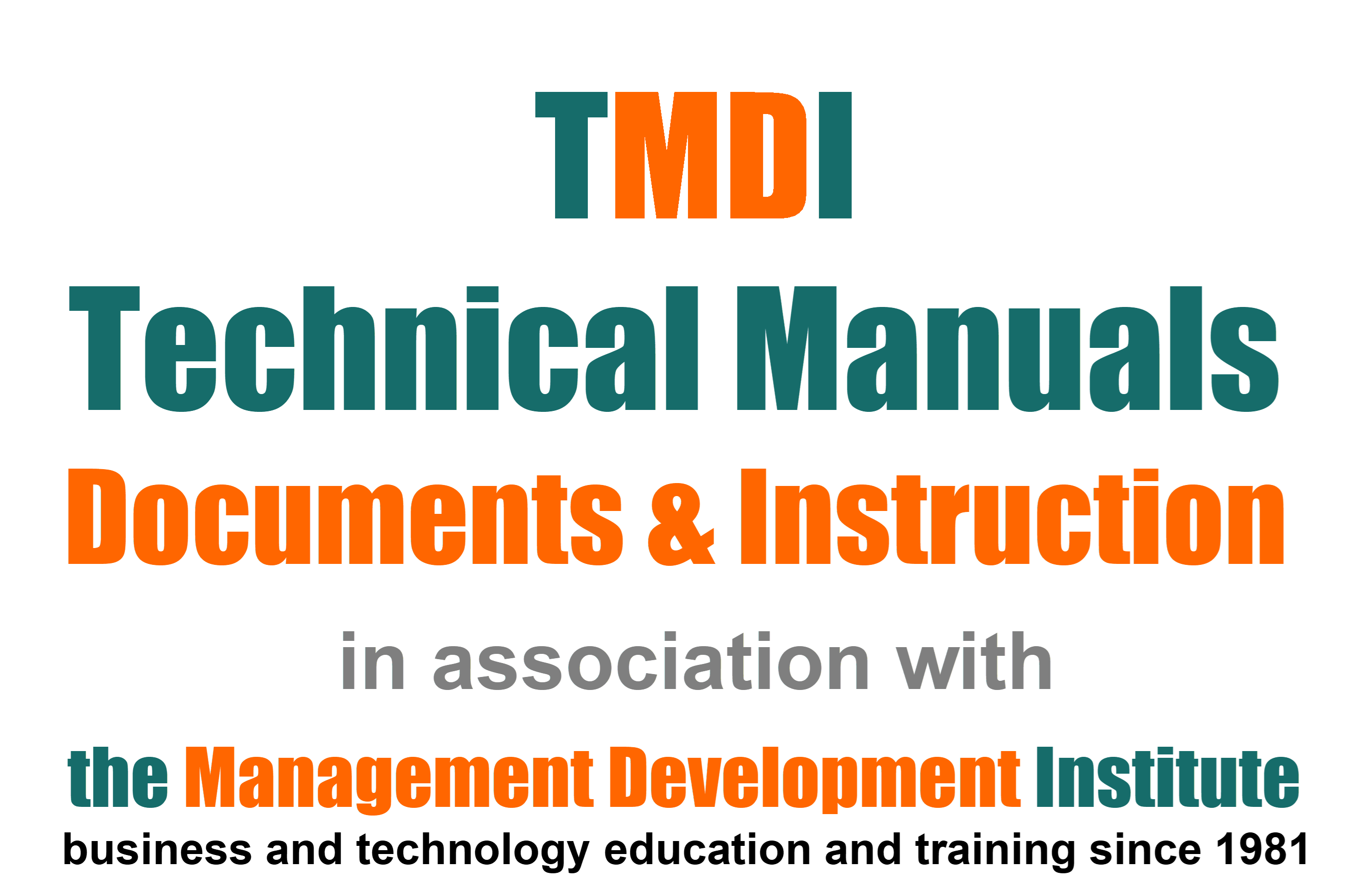 |
Our technical writing expertise
Our specialist technical writers are professional writers who produce technical documentation for information
technology, engineering, other technical, business, and consumer audiences. They prepare information to help users
who use the products includes online help, safe work instructions, policies, procedures, user guides, manuals, white
papers, design specifications, system manuals, project plans, test plans, business correspondence, etc.
Our skill-sets
In addition to sound research, language, writing, and revision skills, our technical writers have skills in:
Information design
Information architecture
Training material development
Illustration/Graphic design
Website design/management
Indexing
Localization/Technical translation
User interfaces
Business analysis
Our technical writers are generally not expected to also be subject matter experts (SMEs), although some may be, but
interview SMEs and conduct the research necessary to write and/or compile technically accurate content.
Document Design: Technical Writing can be a creative process. Document design is a component of technical writing that
increases readability and usability. Technical writers often employ six design strategies to plan and create technical
communication:
1. Arrangement refers to the order and organization of visual elements so that readers can see
their structure - how they cohere in groups, how they differ from one another, how they create layers and hierarchies.
2. Emphasis refers to how a document displays important sections through prominence or intensity. This enables the
technical writer to consider how they can show readers important sections, warning, useful tips, etc. through the use
of placement, bolding, colour, and type size.
3. Clarity refers to strategies used to help the receiver decode
the message, to understand it quickly and completely, and, when necessary, to react without ambivalence.
4. Conciseness refers to the "visual bulk and intricacy" of the design, e.g., the number of headings and lists, lines
and boxes, detail of drawings and data displays, size variations, ornateness, and text spacing.
5. Tone is the sound or feel of a document. In addition to language choice, technical writers set the tone
of technical communication through the use of spacing, images, typefaces, etc.
6. Ethos. Technical writers strive to create professional and error-free documentation to establish credibility with
the audience.
Our Methodology
A technical publication's development life cycle typically consists of five phases, coordinated with the overall product
development plan:
Phase 1: Information gathering and planning
Phase 2: Content specification
Phase 3: Content development and implementation
Phase 4: Production
Phase 5: Evaluation
The document development life cycle typically consists of six phase, depending on the organization.
Audience profiling (identify target audience)
User task analysis (analyse tasks and information based on target audience)
Information architecture (design based on analysis, how to prepare document)
Content development (develop/prepare the document)
Technical and editorial reviews (review with higher level personnel managers, etc.)
Formatting and publishing (publish the document).
This is similar to the software development life cycle.
Well-written technical documents usually follow formal standards or guidelines. Many companies have internal corporate
style guides that cover specific corporate issues such as logo use, branding, and other aspects of corporate style.
Our final production typically follows an inspection checklist to ensure the quality and uniformity of the published product.
|



